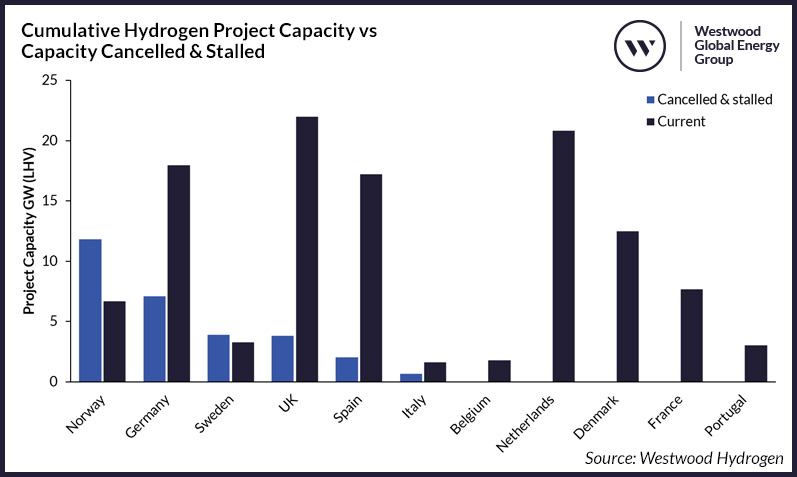Paid-for LinkedIn posts for Lloyds have attracted a ban from the Advertising Standards Authority (ASA). Adfree Cities challenged several adverts, with the LinkedIn complaint being upheld.
The LinkedIn post stated, “What are we doing to help accelerate the transition to a low carbon economy? We’re committed to supporting the energy transition, by continuing to […]”.
The rest of the caption, which was only viewable when consumers clicked a button labelled “see more” stated “[…] reduce our reliance on fossil fuels and putting the weight of our finance into clean and renewable energy. We use 100 per cent renewable energy to power our buildings; We’re aiming to halve our own energy consumption by 2030; We’re also helping people and businesses across the UK to understand how they can be more sustainable”.
A video embedded in the post featured an animation that showed electricity from a power station being used to power business and domestic buildings and an electric vehicle (EV). The EV then drove through agricultural land and a growing woodland. The video then cut to an image of Earth with superimposed text that stated, “Helping Britain Prosper”. The word “Prosper” was coloured green.
Lloyds said it was factually accurate and substantiable. The copy and accompanying animation gave a clear overview of the sectors with which Lloyds was involved, the support they offered clients and customers, and the steps they were taking to make their own operations more sustainable. The advert also included balancing information that acknowledged Lloyds’ involvement with carbon intensive industries and stated they were “continuing to reduce reliance on fossil fuels”. The advert linked to webpages detailing their sustainability activity, including a download link to their most recent sustainability report. The ad was prepared for Earth Day 2024, and so included an image of Earth in the closing frame. They explained that the Lloyds Banking Group (LBG) had used the colour green in its palette for many years, which was why the word “Prosper” appeared in green at the end of the ad, in-line with their brand guidelines.
The ASA ruled that the advert breached CAP Code (Edition 12) rules 3.1, 3.3 (Misleading advertising), and 11.1 (Environmental claims) and that it must not appear again in the form complained of. In future adverts featuring environmental claims must not mislead by omitting significant information which put the claims into context and helped with consumer understanding of the message, for example by including information about the proportion of their business activities that comprised lower carbon activities.
© 2019 Perspective Publishing Privacy & Cookies







Recent Stories